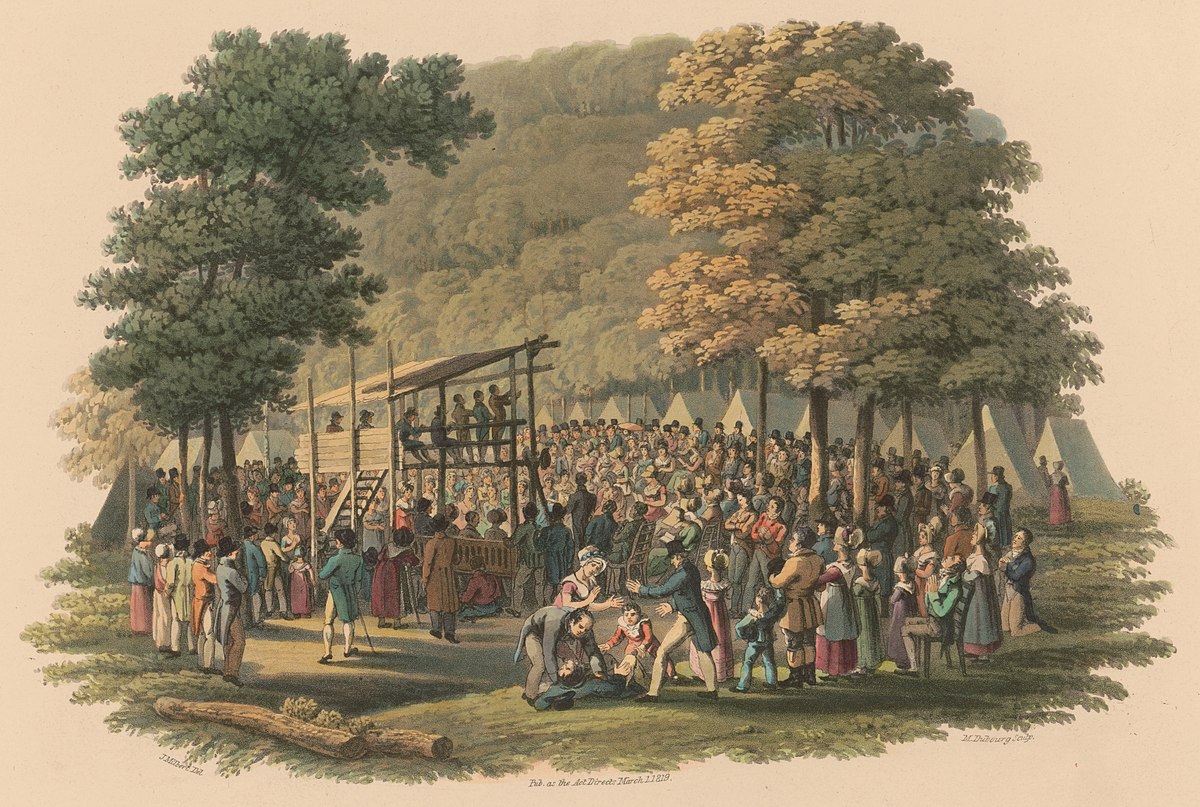[Christianity] has slowly, painfully come around to sort-of accepting (or at least occasionally tolerating) sounder principles of reasoning over the last two thousand years, it really only gives them lip service. It doesn’t actually
preach or
teach any sound methodology. This is most obvious, of course, among the still-robust anti-intellectualist versions of conservative Christianity today, where
even “going to college” is condemned. And even conservative Christians have noticed this about themselves—though they never voice a correct antidote to it (see the worried hand-wringing of
Alan Jacobs,
Rick Nañez,
Brian Chilton,
Michael Austin,
Mark Ward, and
many others). But
even liberal-minded, progressive Christians like Justin Brierley are still echoing ancient anti-empirical sentiments. Of course the reason the “response” to this observed defect in Christianity is still never to promote actually reliable methods
is that that erodes faith—for reasons only obvious to atheists. Reliable methods + correct information + time = atheism.
That this is
fundamental to Christianity is proved by how it infects even its liberals. As I just noted, even Justin Brierley “lets his Bible tell him to consider as ‘blessed’ those who choose to believe things without evidence,” explicitly citing
John 20:2, thus demonstrating that the ancient Christian Bible’s anti-intellectualism is corrupting the minds even of its most liberal of devotees. And that’s a problem. This is why
all religion is bad for us. As I wrote before, Brierley’s “religion has literally taught him to praise the rejection of evidence-based reasoning,” which is “dangerous as all hell,” a “disastrously bad effect” of his religion on his mind. And we see this across the whole of modern Christendom. It still preaches
hostility to sound inductive logic, and elevates in its place
completely unempirical deductive systems of logic instead, the ones most easily corrupted to sell anything as true. And even when Christians pay lip service to sound methods of inductive logic, they
completely misuse them, rendering them
totally unsound.
And this is yet one more reason why we can be sure Christianity is a false worldview. Its most sacred text, the Bible, the center of its faith, containing what is supposed to be the most important information humanity could ever possess, completely lacks and abandons—and often even condemns—science, critical thinking, and evidence-based reasoning. And after two thousand years, this corruption and degradation of the human mind within that text continues to corrupt and degrade all who revere it, even the most liberal-minded among them. And that is yet one more reason why it is high time for Christianity to go.
• Carrier (1 June 2022). "A Primer on Christian Anti-Intellectualism". Richard Carrier Blogs.

